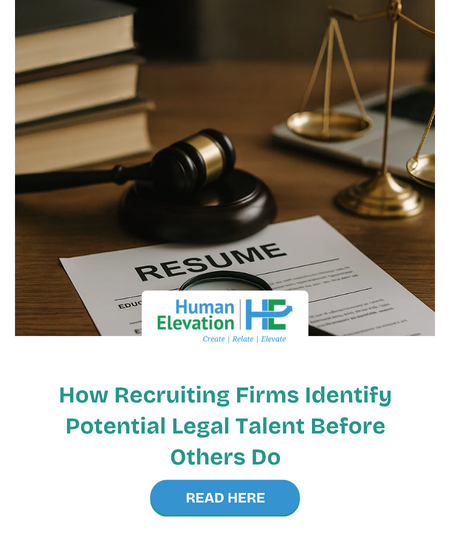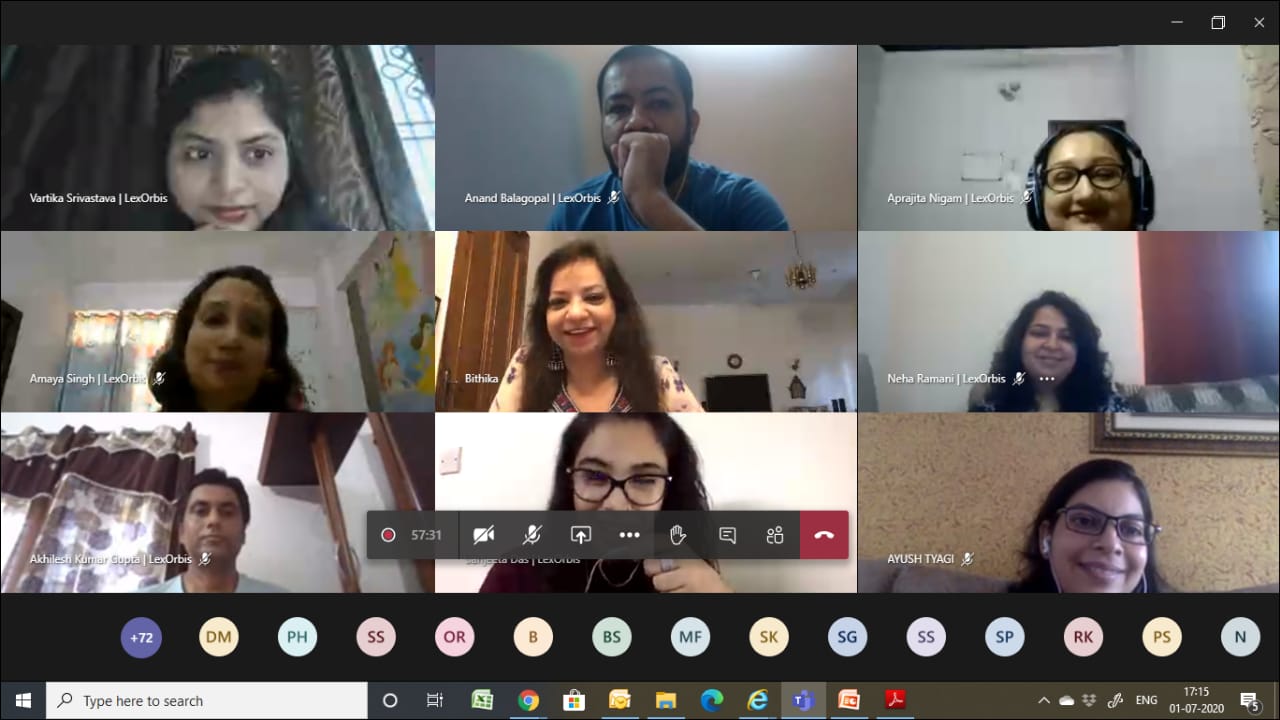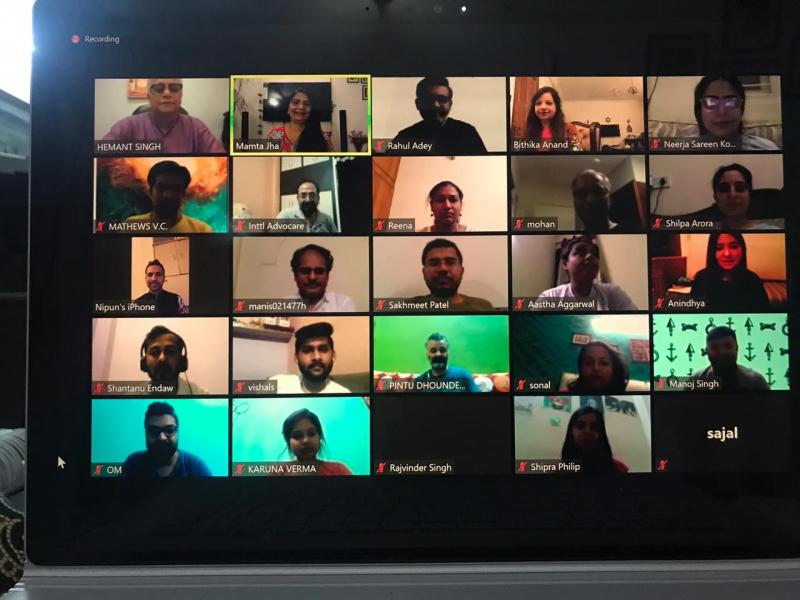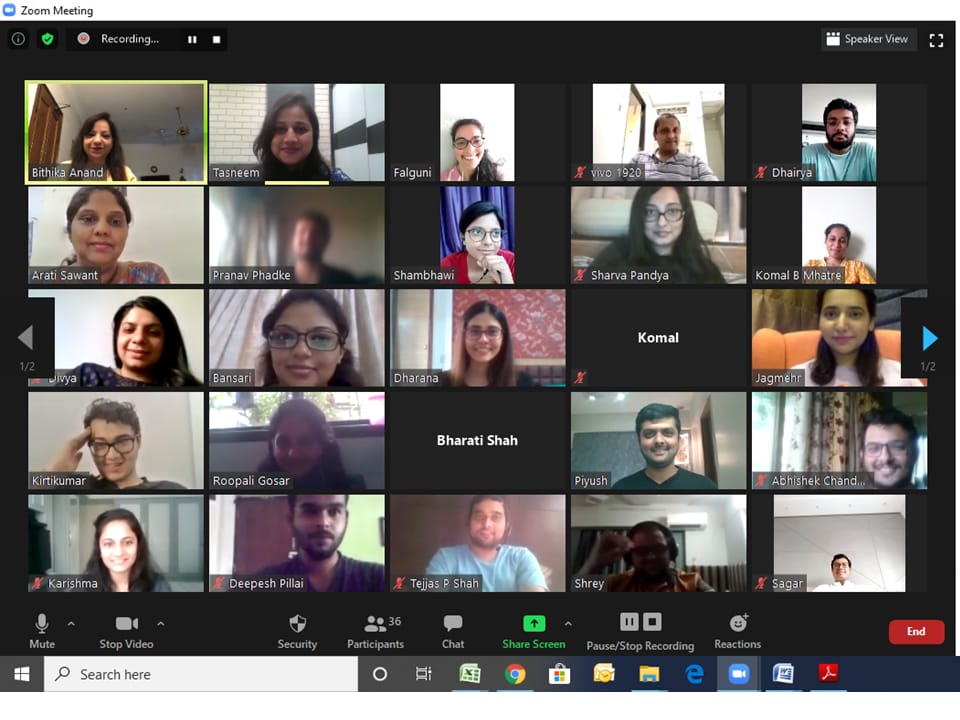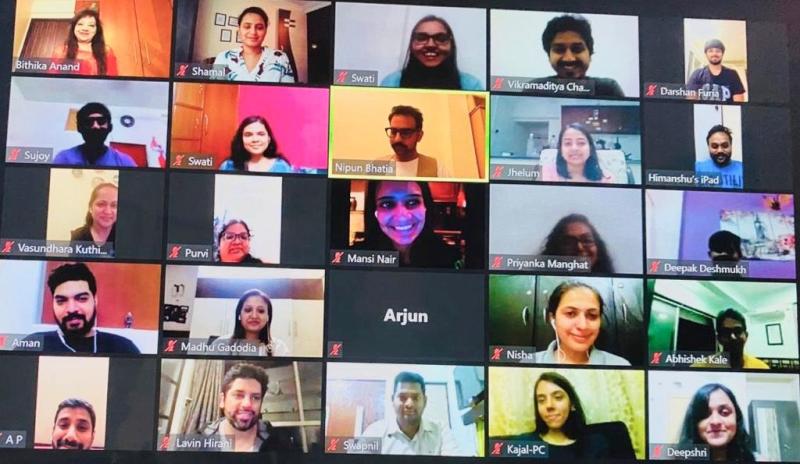Finding the best lawyer isn’t about who has the most impressive law school degree or the longest resume. Finding talent that develops, adjusts, and performs well under duress is the true problem. Today’s corporate legal departments and law firms hire people based on their promise as much as their skill. And that’s where hiring agencies with particular skills excel.
Let’s examine their methodology and the factors that contribute to its effectiveness.
1. They Consider More Than Just Credentials
The majority of people begin by looking at firm histories, law school names, and degrees. Top legal recruiters, however, go beyond. They are taught to search for trends of development, not just what someone has done, but also how they have developed in their previous positions.
For instance, they may observe that a candidate who began as a junior associate handled client communications directly or took on challenging cases earlier than anticipated—both of which are early signs of great potential. Instead of just listing things on a resume, recruiters look at what it suggests.
The problem is that these agencies are experts at spotting potential hidden in the little things.
2. When conducting interviews, they read between the lines.
“Where do you see yourself in five years?” might be the main question in a typical HR round. However, legal recruiters pose more insightful queries. They are interested in candidates’ thought processes, the reasons behind their choices, and the lessons they have learnt from mistakes.
A recruiter may inquire:
“Tell me about a case you lost and what you learned from it.”
What is your approach to dealing with uncertainty in legal research?
Responses to these questions disclose far more than prior employment titles or grades. They exhibit qualities of high-potential lawyers, such as resilience, critical thinking, and self-awareness.
3. They are aware of each law firm’s unique DNA.
Not every team is a good fit for every “star lawyer.” Only when the surroundings align with their working style can high-potential talent flourish.
The top agencies take the time to learn about the priorities, pace, and culture of the companies they deal with. Sharp courtroom communicators are desired by some firms. Deep researchers who can develop strong case tactics covertly are valued by others.
Agencies can identify the type of talent that will match the role rather than just fill it by understanding what makes each workplace function.
4. Despite using data, they never overlook human judgment.
Without a question, hiring has gone digital. AI systems can quickly scan thousands of resumes. However, legal hiring involves more than just keyword matching; it also involves experience-based intuition.
Agencies shortlist profiles using data analytics according to criteria such as publishing history, client sectors, or case exposure. The human element then enters the picture, as recruiters analyze those figures, make connections, and evaluate candidates through in-person discussions.
Great agencies are distinguished by this harmony between human intuition and data.
5. They Notice Not Just Experience But Learning Agility
New legislation, new interpretations, and even new technology like artificial intelligence in legal research are all part of the rapid evolution of the legal sector. The most successful recruiters are aware that the true indicator of success is adaptability.
They seek out attorneys that are inquisitive as well as “knowledgeable.” Someone who, rather than waiting for a partner to assign them, takes the initiative to learn about new topics like data protection or fintech law.
Those who develop into future partners and those who remain mired in routine are sometimes distinguished by their ability to learn quickly.
6. They Maintain Contact Long After Hiring
For the greatest agencies, recruitment doesn’t stop with placement. They monitor their applicants’ performance over time, get employer input, and identify the characteristics that are associated with long-term success.
They become more adept at spotting high-potential profiles early thanks to this ongoing feedback loop. It is comparable to having a talent radar that improves with each placement.
They already know what to look for when the next bright attorney appears.
7. They View Every Conversation as an Assessment Opportunity
Most applicants are unaware that the evaluation process doesn’t begin during the interview. It begins with the first phone conversation, the first email, and the way someone speaks when unsure of themselves.
Tone, clarity, professionalism, and responsiveness are all subtle indicators that recruiters might pick up on. A candidate already makes an impression if they follow up with consideration or politely handle schedule difficulties. Emotional intelligence, which is invaluable in client-facing legal professions, is frequently demonstrated by these soft talents.
8. They Create More Than Just Databases—They Create Relationships
Legal hiring is a network game, not a numbers game. From new associates to senior partners, top firms take the time to build relationships with attorneys at all levels.
Before they even begin looking for a job, they get early access to rising stars because to this network. Years before the market does, they can sometimes spot bright talent.
These agencies don’t look for great candidates when a company needs them. They know who to call already.
What This Actually Means, Then
It takes skill to identify high-potential legal talent. It combines extensive knowledge of the field, behavioral insight, sustained networking, and ongoing feedback.
Over the years, legal recruitment firms have honed this skill, transforming hiring from a guessing game into a predictive science.
And working with these organizations is more than just a way for law firms to fill a position. It’s about making investments in future leaders—people who will not only overcome the obstacles of today but also reshape the company’s success in the future.
Final Thought:
The correct individuals make all the difference in the legal field, where accuracy is crucial and judgment determines results. The organizations that are able to spot opportunities before the competition do more than just hire; they also influence the direction of the legal profession.

